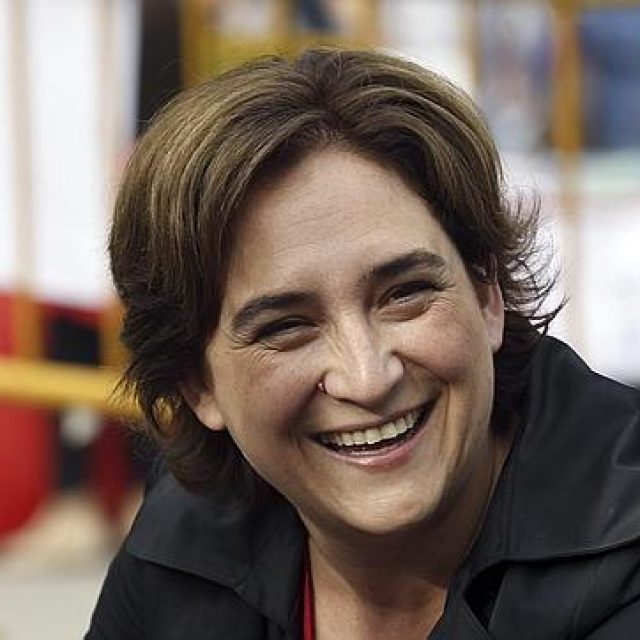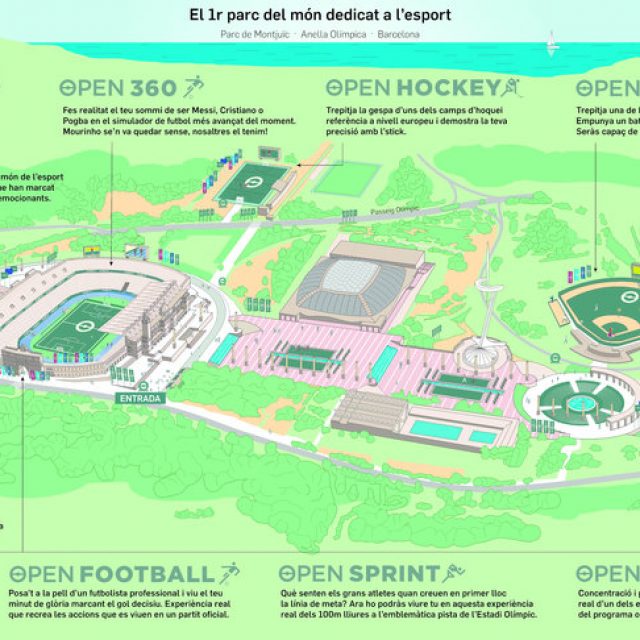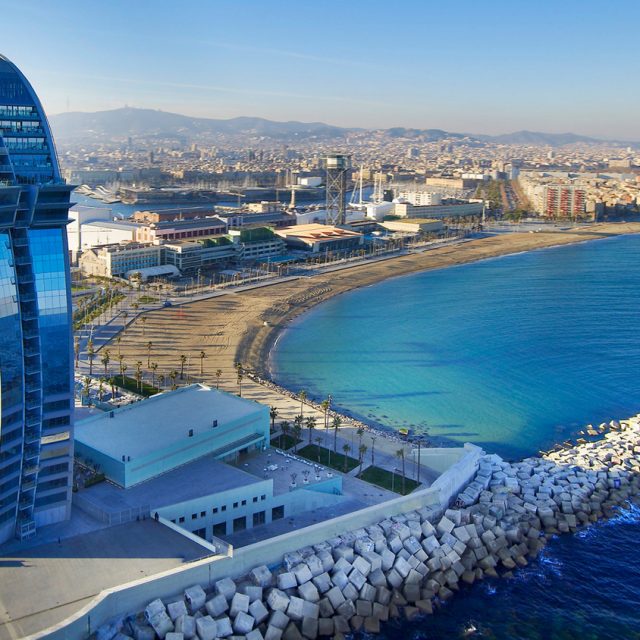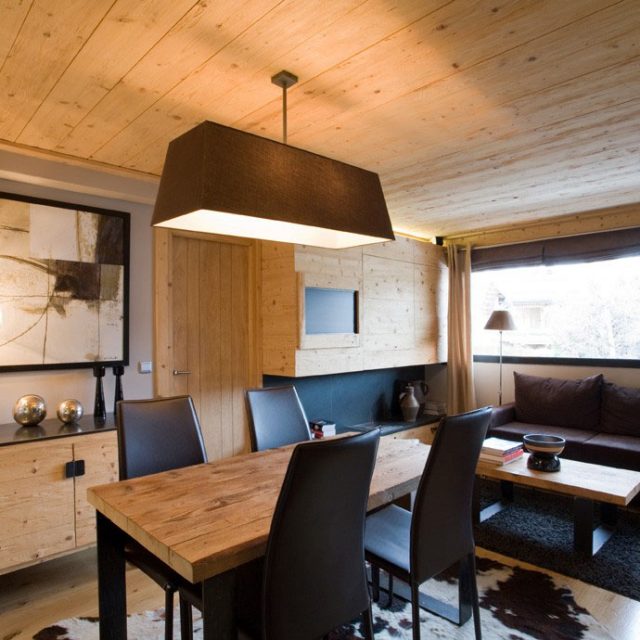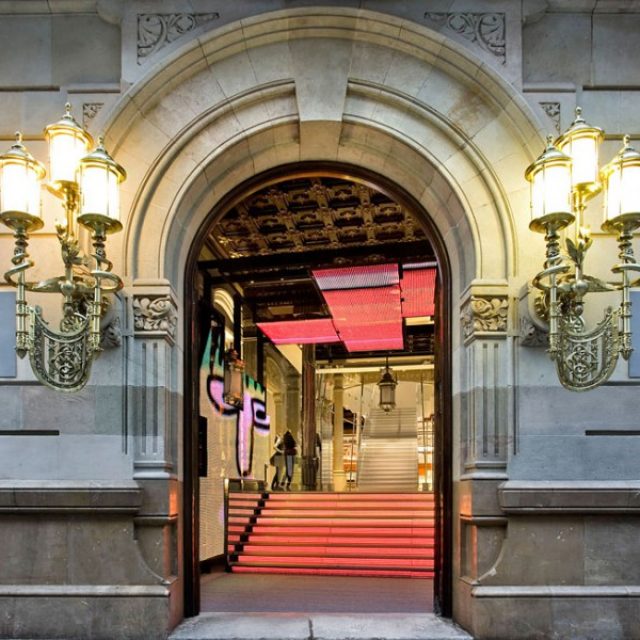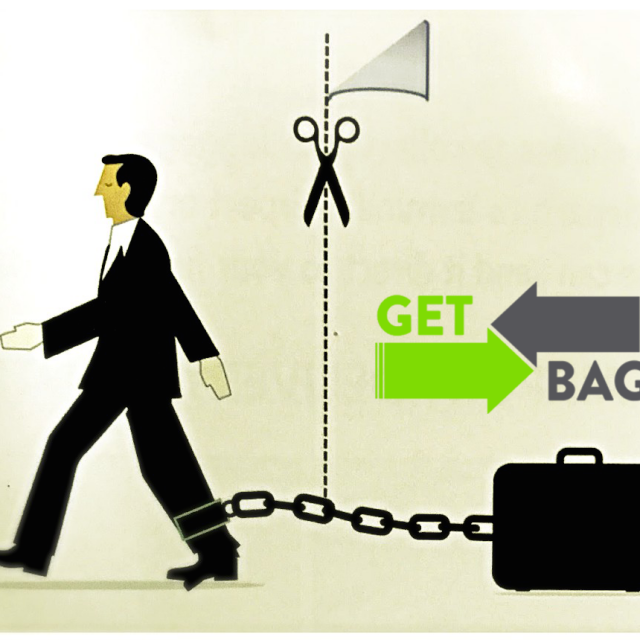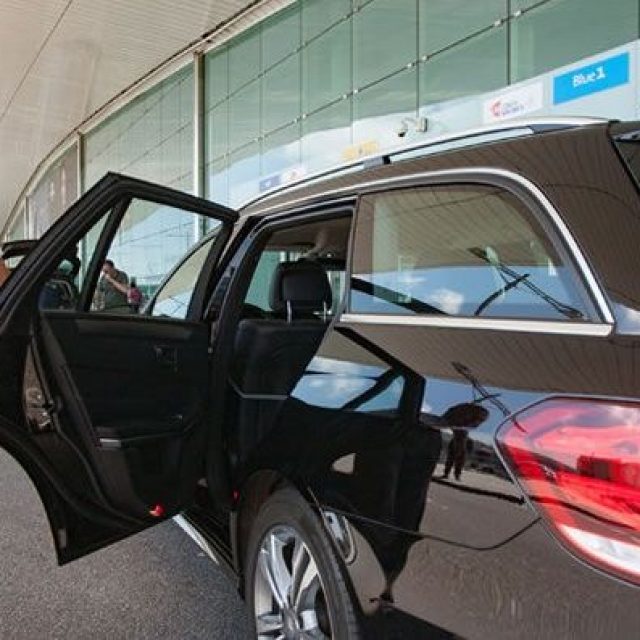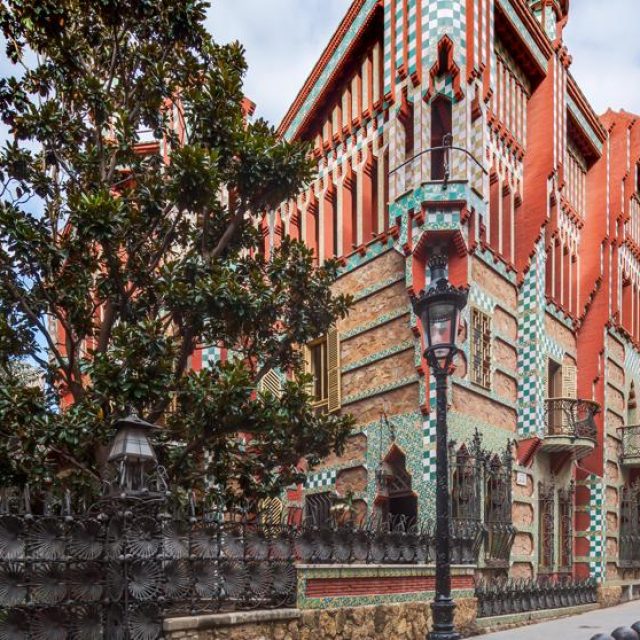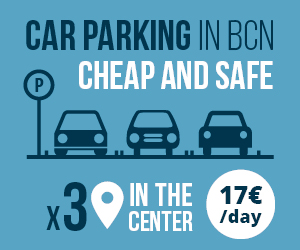Public Labour chiefs commissioned the creation of a public railway “holding” company to face 2020’s liberation
Adif, a firm that manages the models and designs of railways, and Renfe, a failed transport operator company, have announce that they will re-unite in one single society. Adif’s huge financial crisis and restrictive dependence to the fee charged to Renfe itself for the use railways and stations has resulted into a disadvantage in competition which can negatively affect the 2020 liberation of rail transport. To find a solution for these two firms, the Ministry of Public works and transport decided to initiate procedures to join Adif and Renfe into one single public holding.
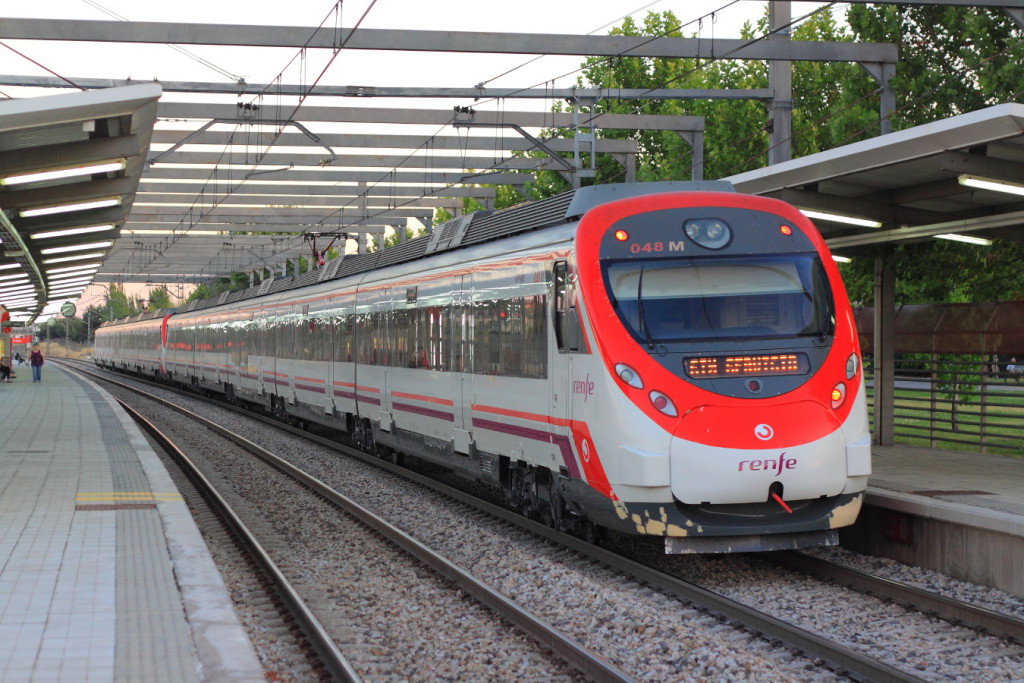
The plan of the Ministry is to bring back the previous rail model, similar to the one in France and Germany, but with a “holding” structure and separate accounts for both companies to make sure to fulfil the requirements- called the fourth railway package.
Adif accumulated a huge debt of 16 billion euros, originated by the expensive investment of the AVE lines. This has then caused Adif to increase the charges to Renfe- almost its only client- in order to decrease the level of disadvantage in the public operator competition. In the last phase of the dispute, Adif proposed to increase the fee to Renfe by 15% for the use of the roads from 2017; to which the National Commission of Market and Competition (CNMC) agreed to but the increase should only limit to 4.2%.
Currently, both public companies have not made any further statements, while standing firm on their previous claim that this is only a preliminary assessment for a possible joint for the liberation in 2020, though no plan has been put into action yet.
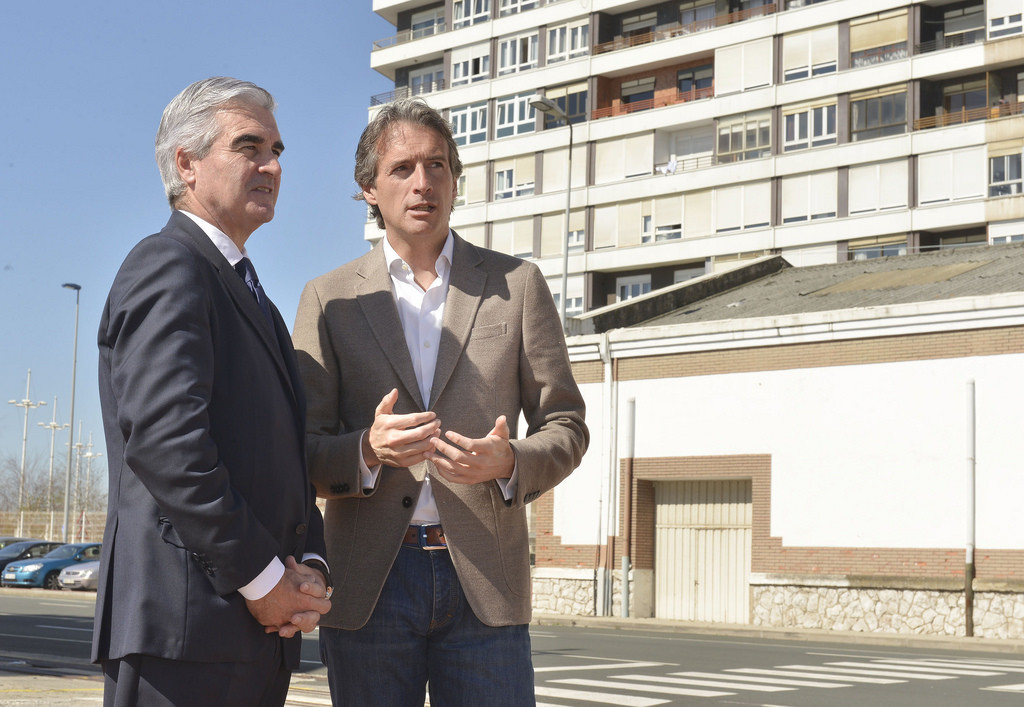
The new Minister of Public Works, Iñigo de la Serna, believes that this domestic dispute will not benefit in any way the Spanish rail sector whilst the EU liberation of rail transport is approaching. Compared to Spain, France and Germany have a better armoured single holding model with their respective operators SNCF and Deutsche Bahn.
De la Serna instructed to appoint new presidents for both firms: Juan Bravo for Adif and Juan Alfaro for Renfe, in order to put in place the legal machines and process the integration of both firms as soon as possible. According to CC OO, The new Adif President Bravo, already had a meeting with Adif’s union explaining what the development plans were.
By creating a two-company holding model, it is expected for it to improve the maintenance of the Community and would fill the requirements needed for the rail liberation. Moreover since both Renfe and Adif will have separate accounts, it decreases the level of loss of funds from both companies, allowing it to be balanced and transparent tariffs.

















